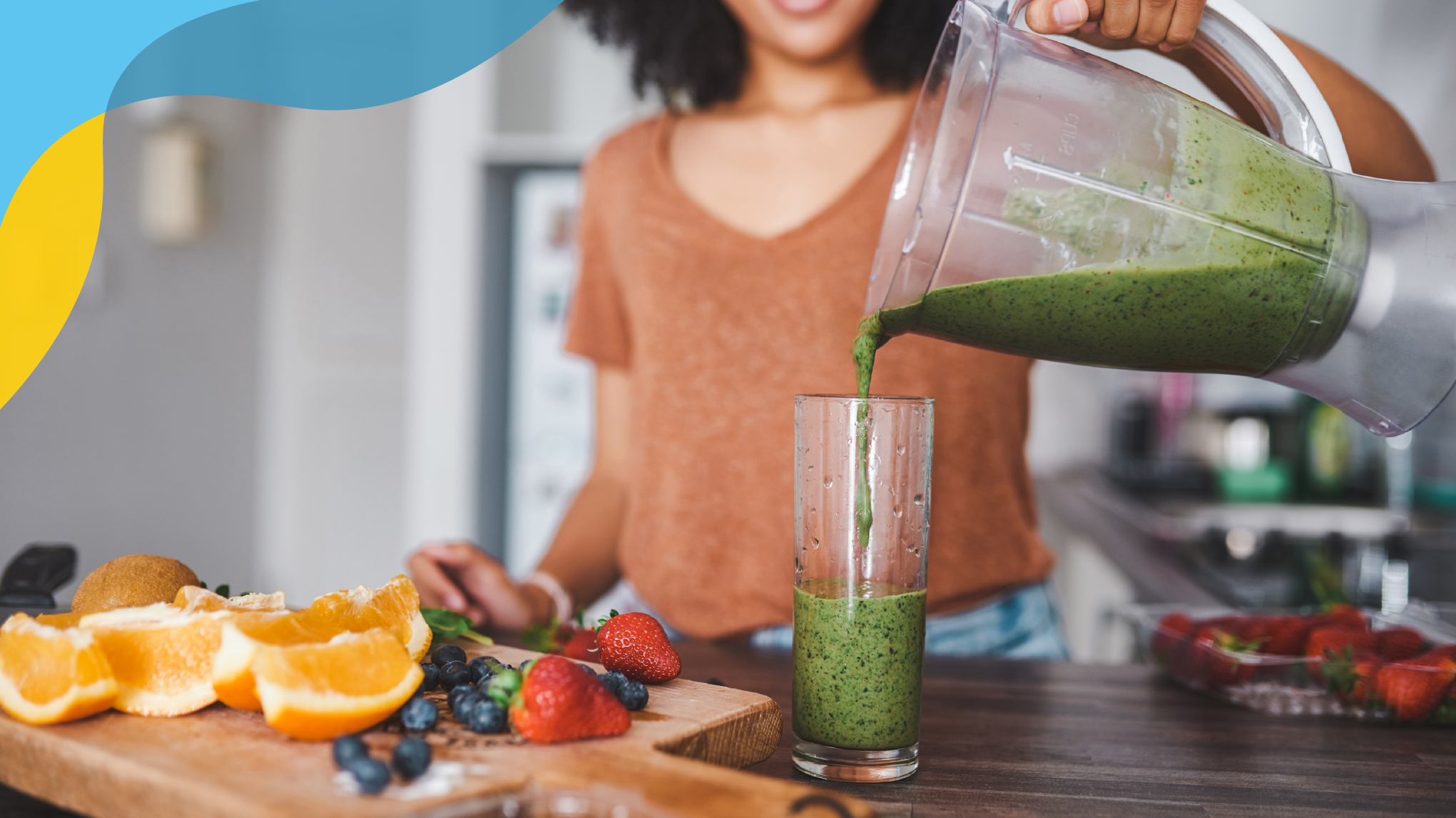
6 Common Questions About Cancer and Nutrition
A cancer diagnosis often leads to questions about what to eat (or not eat). Searching for answers can feel overwhelming, especially if what you hear or read seems contradictory. What, exactly, does it mean to eat well during cancer treatment and recovery? And where can you turn for reputable answers?
As you begin to investigate these questions and more, the Iris nutrition team gathered to share advice we find people are commonly seeking after a cancer diagnosis.
Click on the titles of the articles below for more information about each topic.
1. Can I Eat Sugar?
People living with cancer sometimes wonder whether they need to avoid sugar, maybe even thinking that sugar “feeds” cancer. But the real answer isn’t as simple as that. Learn more about this and other commonly asked questions — plus gain actionable tips for how you can balance sugar intake in this article.
2. Is It Necessary to Eat All Organic?
Many people wonder if it’s better to eat organic foods after a diagnosis of cancer, but what does the research show? Are there benefits? In this article, we break down what’s known about organic food and cancer and offer you three important points to consider regardless of the decision you make.
3. Do I Need to Avoid Dairy?
What’s the scoop on milk, cheese, yogurt, and other dairy products and cancer? People sometimes report cutting dairy out of their food intake after a cancer diagnosis — but is this really necessary? This article gives you the latest information so you can decide for yourself.
4. Is it Okay to Eat Soy Foods: Answers to Your Questions About Soy and Cancer
There’s a lot of confusion around whether eating soy is “good” or “bad” if you have cancer. We have the evidence-based answers you need about soy foods and how they impact cancer risk. The bottom line? Soy foods are okay even for people with estrogen-receptor-positive breast cancer.
5. Does Being Vegetarian or Vegan Help When You Have Cancer?
Plant-based eating gets a lot of attention when it comes to cancer prevention, but what do we know about being vegetarian or vegan affecting cancer risk and prognosis? We define these terms, dig into the research, and suggest simple steps you can take whether you choose to eat animal protein or not.
6. Is It Okay to Drink Alcohol with Cancer?
“Is it okay to drink alcohol with cancer?” is a question we get asked frequently. Here's what we know about alcohol intake and cancer-specific outcomes. Spoiler alert: Drinking the least amount of alcohol is usually best, and this article shares specific details that can help you and your team discuss what’s best for you personally.
Iris is here to help you sort through your concerns about food, eating, and cancer. Our nutrition team can help you make confident, informed choices about eating well during cancer.
This article meets Iris standards for medical accuracy. It has been fact-checked by the Iris Clinical Editorial Board, our team of oncology experts who ensure that the content is evidence based and up to date. The Iris Clinical Editorial Board includes board-certified oncologists and pharmacists, psychologists, advanced practice providers, licensed clinical social workers, oncology-certified nurses, and dietitians.
Copyright © 2026 OncoHealth. All rights reserved. All materials on these pages are the property of OncoHealth. The information and other content on this website are for information purposes only. If you have any questions about your diagnosis or treatment, please seek the advice of your physician or other qualified health care provider(s).
